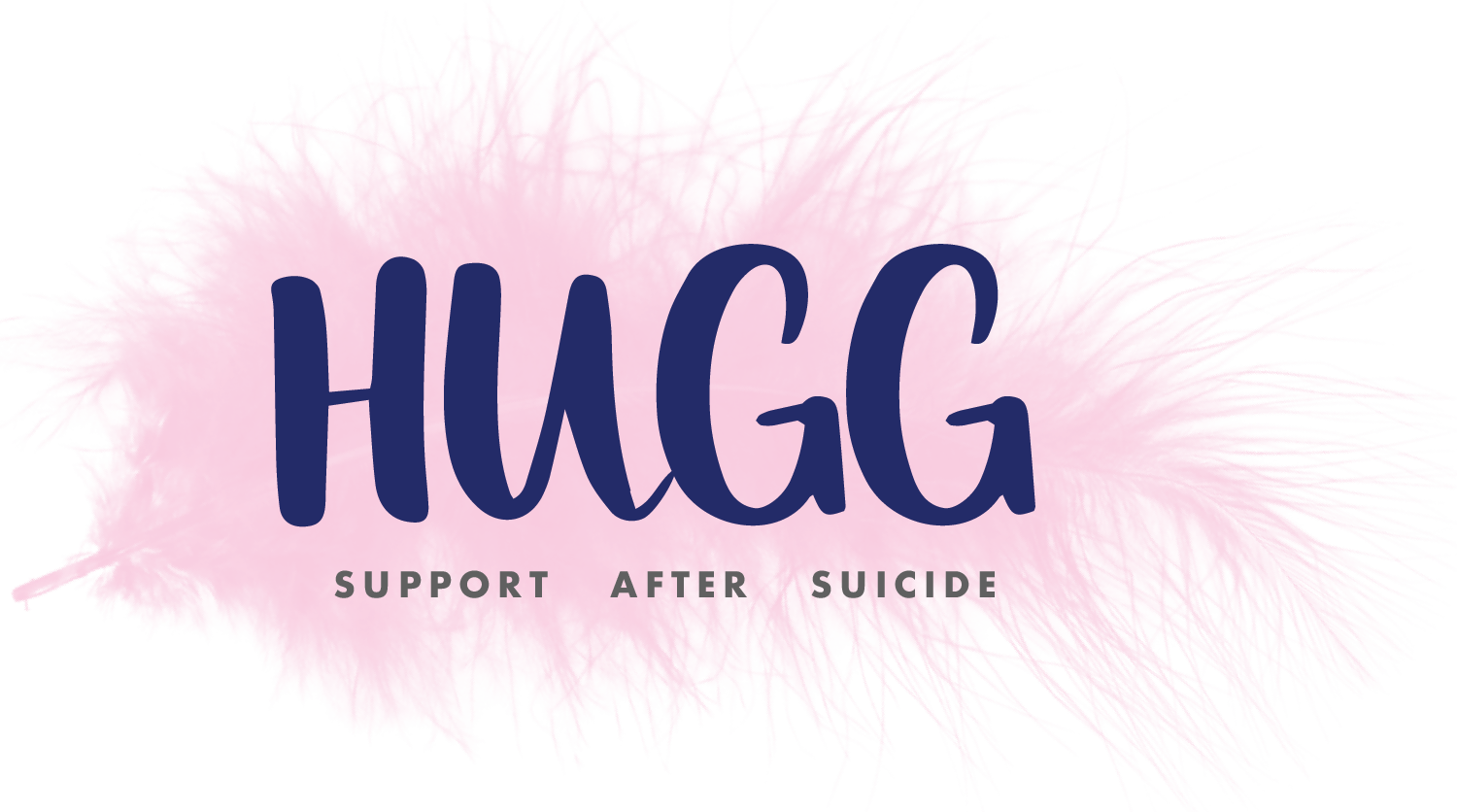“Finding others who have been through it before you is like finding refuge in a storm.”
-Mother who lost teenage son
Bereavement by suicide shares characteristics with other bereavements and it is also different. Understanding how and why it differs is helpful when you are supporting people who have been bereaved.
Suicide loss can affect your physical and mental health and sometimes includes dealing with thoughts of suicide. The grieving process is often complicated and typically lasts longer than other types of bereavement – significant effects may still be felt for many years after the death. Grief is as individual as a fingerprint. Each person will have had a unique relationship with the person who died – there is no single or correct way to experience bereavement. However, there are many common reactions and factors in bereavements by suicide.
Faced with a sudden, often unexpected and sometimes violent death, the suicide bereaved experience a grief which typically includes strong feelings of guilt, self-reproach and questioning – “why?”. Discomfort, shame and self-stigma associated with suicide can make it difficult to talk about. There may be further challenges to face which are not common to ‘normal’ bereavements e.g. inquests, media coverage, trauma reactions and difficult family relationships.






